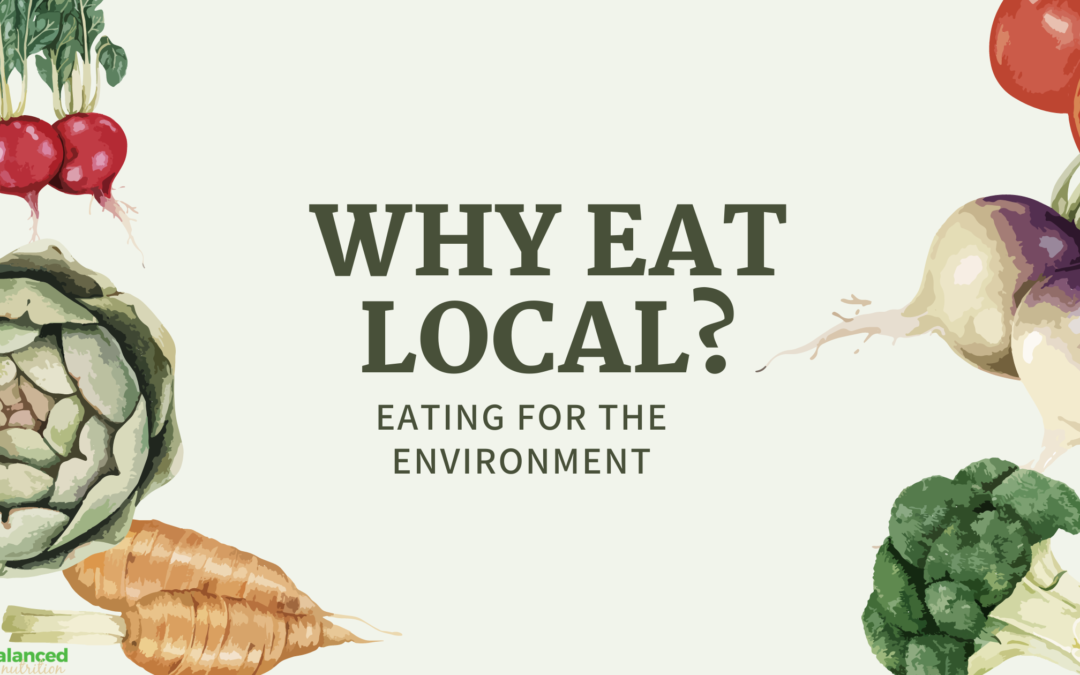Post 1 of 4
What does science say about sugar? Is it really that bad?
Sugar. It’s famous for its sweetness and shamed for its health effects. But why is that? Most of us know sugar can be “bad” without really knowing why.
Over the course of this series of blog posts, we will cover:
- how the body processes sugar and if sugar causes weight gain
- insulin and insulin resistance
- what excess sugar does to the body
- ways to optimize your blood sugar and insulin levels
- different types of carbs and natural vs. processed sugars
Let’s start with the basics.
Sugar is a type of carbohydrate. There are different sugars present in our foods. When we refer to sugar in this series, we are talking about:
- Fructose and Glucose – the sugar found in fruits, vegetables, honey, but also in food products like syrups made with a combination of fructose and glucose
- Sucrose (aka table sugar) – occurs naturally in sugar beet, sugar cane, and fruits
- Lactose – a sugar found in milk and dairy products
These sugars are made up of only one or two sugar units (compared to 10 or more units in other carbohydrates). This is why they are sometimes called simple sugars or simple carbohydrates. Complex carbohydrates are made of many sugar units and take longer to digest than simple sugars.
What happens in your body when you eat sugar?
When we eat simple sugars, our body breaks the sugar units apart fairly quickly and they can get used immediately upon digestion.
Your body will notice the influx of sugar in your blood and produce a hormone called insulin. Insulin acts as a key unlocking the door to our cells allowing the sugar in. Cells will use the sugar for energy. Once your cells have enough fuel any excess sugar will be stored in your muscles, liver, or tissues.
Do we need sugar?
Our bodies need glucose (blood sugar) for fuel, but it doesn’t have to come from simple sugars. We can turn other carbohydrates into glucose. We need about 130 grams of carbohydrates a day to support brain health and give our bodies enough glucose for fuel.
What happens in your body when you eat too much sugar?
Too much (or too little) sugar in the bloodstream will trigger reactions in the body that will help restore a healthy blood sugar level. When sugar is over-abundant in the blood and your cells no longer need it for energy, your body will allow more sugar to be used up by muscles, send some to the liver for storage, and will temporarily prevent any breakdown of previously stored energy. If there is still extra sugar in the blood after that happens, our bodies can store the sugar as fat.
Will eating sugar cause weight gain?
If we consistently eat foods or meals that cause excess sugar to circulate in our blood, we increase our fat stores. However, this does NOT mean that eating sugar guarantees you will increase your fat stores. It does mean that eating and drinking an overabundance of foods high in simple sugars (donuts, white bread, candy, sugary cereal, sodas) can lead to a flood of sugar, causing our bodies to store the glucose in muscles, liver, or as fat.
It is only when we consume too much sugar too often that we can begin to gain weight and start to experience negative effects. However, there are ways to optimize your blood sugar levels that prevent weight gain (more on this later).
Over the next few posts we will cover more effects of excess sugar in the blood, insulin and insulin resistance, tips for optimizing your blood sugar, and breakdown the different types of carbs. Stay tuned for more sweet stuff!



